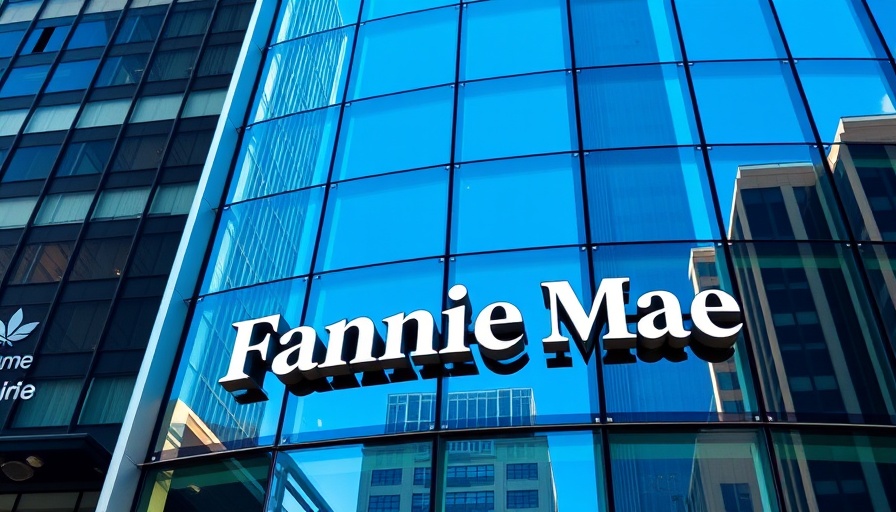
The Scandal Behind Fannie Mae's Major Layoffs
Fannie Mae, a prominent entity in the U.S. mortgage market, has recently made headlines with the announcement of layoffs involving over 100 employees, highlighting serious ethical violations within its ranks. This decision followed a scandal associated with a fraudulent scheme tied to the company's charitable Matching Gifts program. The report by the Federal Housing Finance Agency (FHFA) confirmed the dismissals were connected to employees abusing this program for personal gain.
Understanding the Matching Gifts Program
Fannie Mae's Matching Gifts program is designed to encourage its employees to support charitable donations by matching contributions up to a maximum of $5,000 annually. However, the investigation revealed that certain employees orchestrated a scheme that manipulated this initiative. They collaborated with the Telugu Association of North America (TANA) to donate funds that were then funneled back to them through false donation match requests. This not only undermined Fannie Mae's intentions but also exploited the company's resources meant for genuine charitable contributions.
Broader Implications: A Pattern of Fraud in Corporate America
This incident at Fannie Mae is not an isolated case. Reports indicate a troubling trend of similar fraudulent schemes emerging across other major corporations. For example, the recent charges against six former Apple employees for misusing its Matching Gifts program illustrate that this issue resonates beyond Fannie Mae. Both cases raise significant concerns about corporate governance and the integrity of charitable programs.
The Social Impact of Corporate Fraud
Fraudulent practices like those revealed in Fannie Mae's case not only impact the companies involved but also have a ripple effect on the communities they serve. When corporate resources meant for legitimate causes are misappropriated, it diminishes the financial support for nonprofits relying on such funds. The ethical breaches committed by a few can thus compromise the trust and goodwill that larger corporations have built within their communities.
Looking Ahead: The Future of Corporate Ethics
As scandals like this come to light, it becomes essential for businesses to elevate their standards of ethical conduct. Enhanced transparency and rigorous oversight are imperative steps that corporations can take to prevent such misconduct. Companies like Fannie Mae must lead by example in adopting best practices and fostering a culture of accountability among their employees.
Fannie Mae's chairman, William J. Pulte, emphasized this sentiment, stating that there is "no room for fraud" in today's housing market, reflecting a larger industry-wide acknowledgment of the need for ethical integrity.
Conclusion: Ethical Standards Must Prevail
The layoffs at Fannie Mae serve as a stark reminder of the repercussions that unethical practices can have on not only a company's reputation but on its employees and the communities they aim to support. As corporate America grapples with these challenges, the call for ethical practices remains louder than ever. Companies must ensure that their values transcend words, translating into actions that restore faith and trust in their operations.
 Add Row
Add Row  Add
Add 




 Add Row
Add Row  Add
Add 

Write A Comment